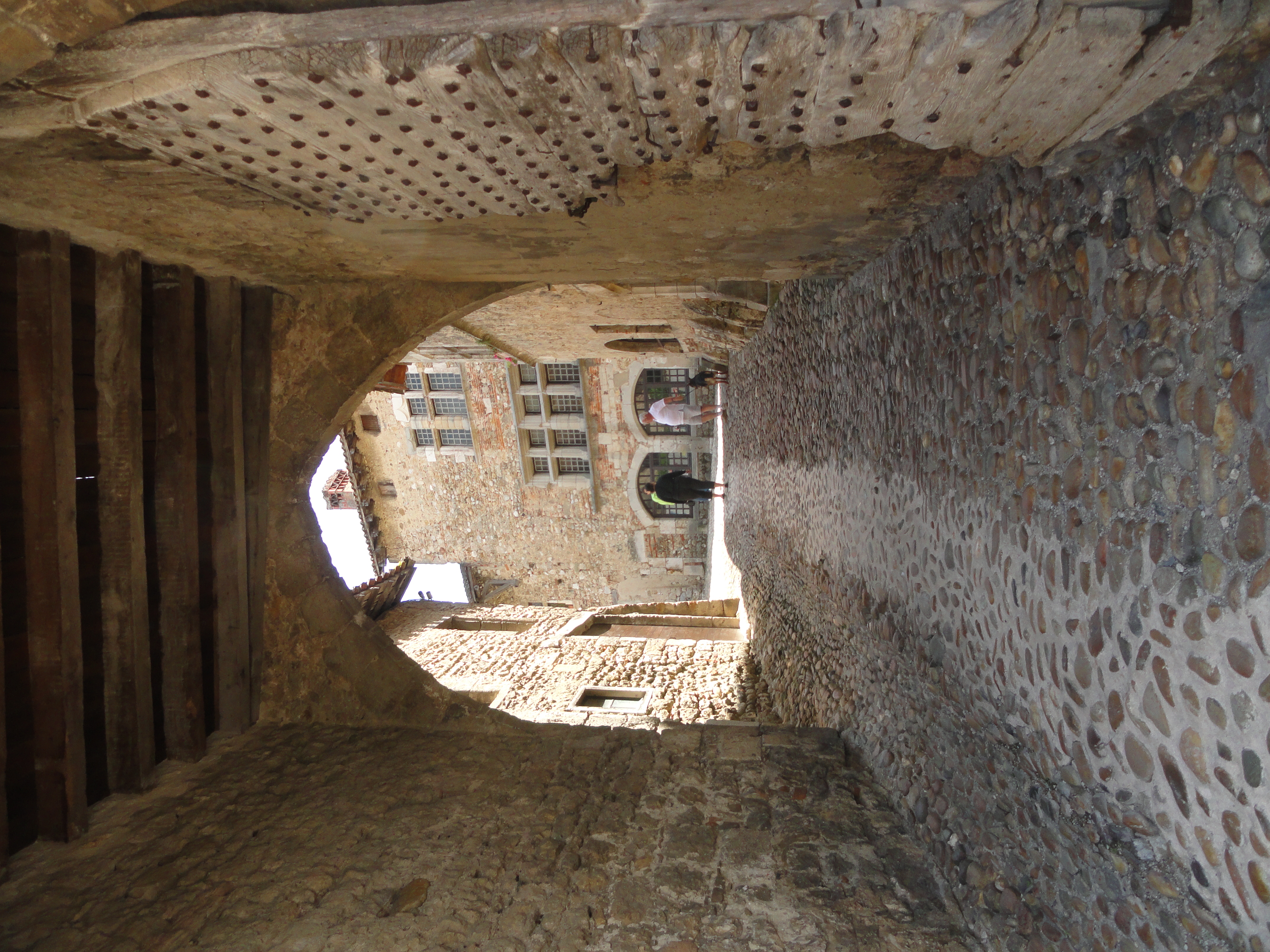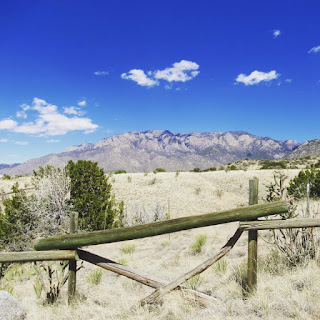
Though homeschooling is becoming more common, it is still confusing to outsiders. That's understandable, as it can be quite confusing from the inside.
Don't do what you don't understand.
photo by Lisa Jonick
__



I've used this quote before, but used better titles:
2017: Travel interesting paths
2018: "Why do we do this?" (with the same photo, even)

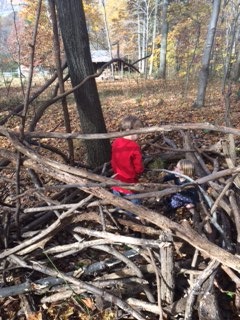

Principles produce all kinds of answers where rules fail.Alex Polikowsky:
Some people come to unschooling and in the beginning of their journey they ditch rules but try to replace them with unschooling "rules". Replace them with principles.Michele James-Parham:
When you do, most of your questions and doubts will no longer be there.
Another common "unschooling rule" or frame of mind due to misinterpretation: We're unschoolers and don't have rules, so we don't have to follow your rules (in-laws, restaurant, museum, etc.).
Just because you allow jumping on your couch at home, doesn't mean that Grandma has to allow jumping on her couch or that the museum has to allow jumping on its couch in the lobby.

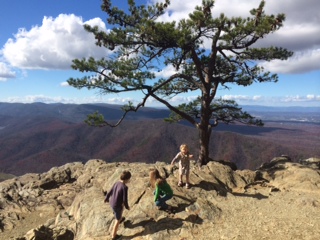
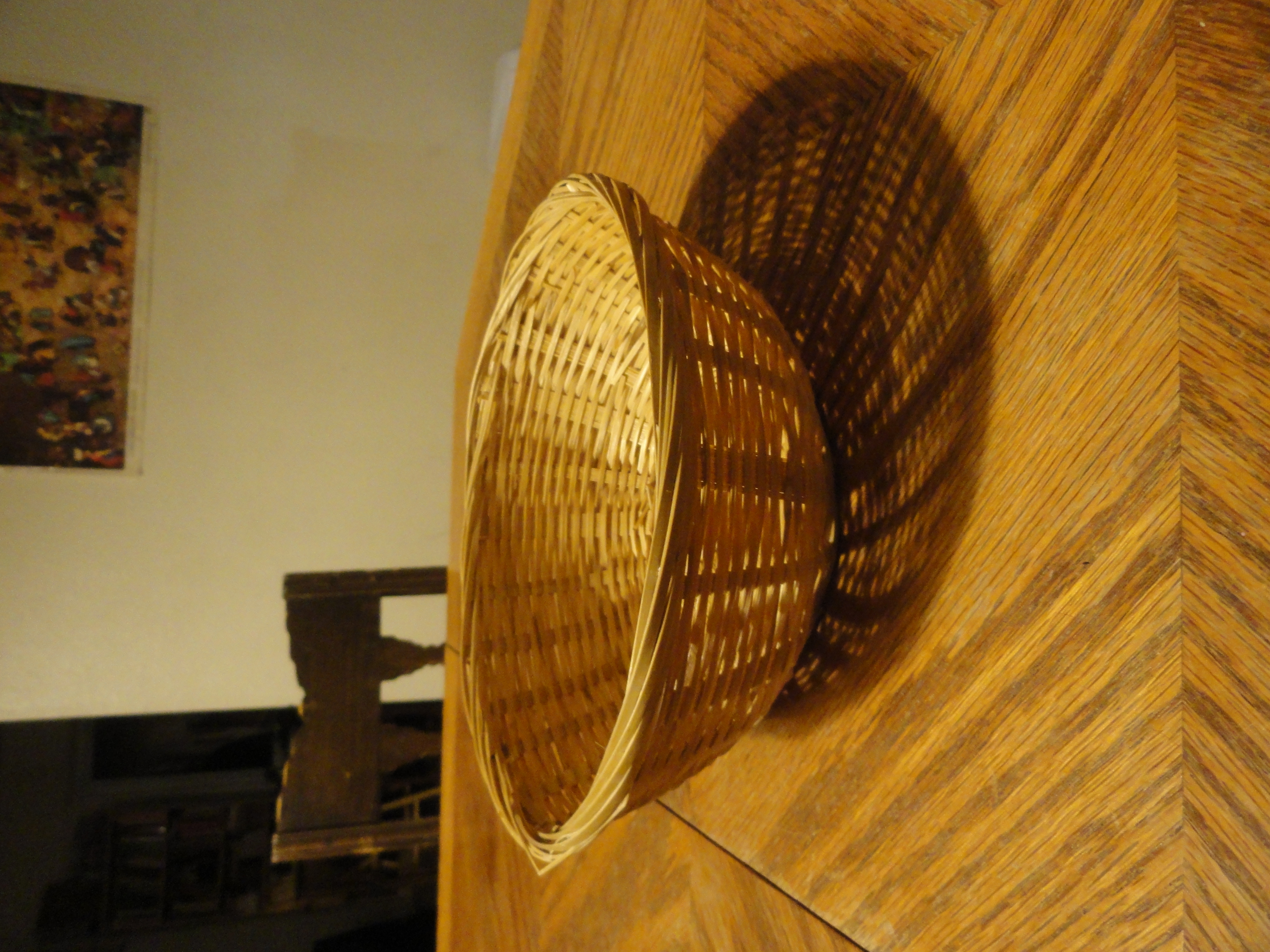
That's one kind of learning.
Sometimes people start unschooling and they're doing more chattering than looking, and more asserting than questioning (not chattery questioning, but soul questioning). It's not as good a beginning, and at some point they do start really observing their children, and really thinking about the why and what of learning.
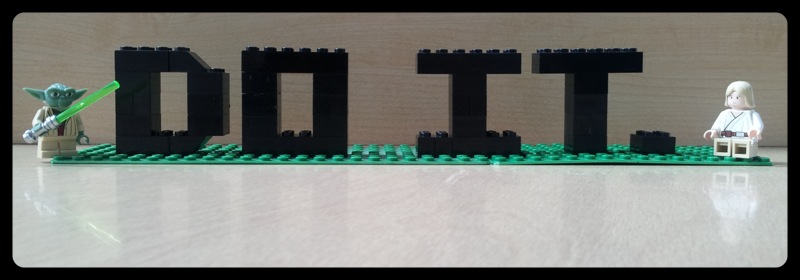
SandraDodd.com/doit
art by Robert and Robbie Prieto; photo by some Prieto or another


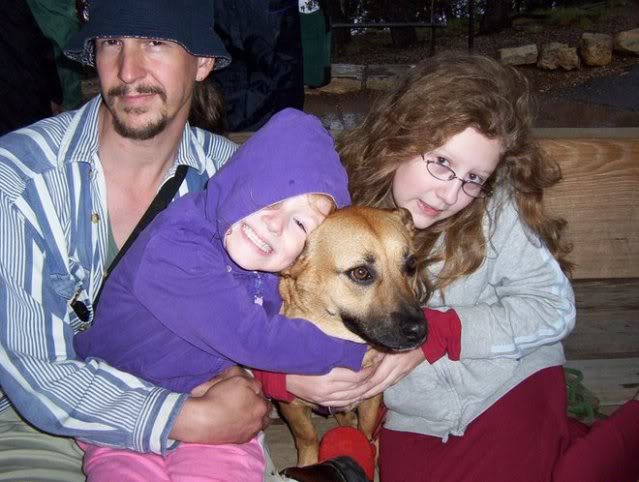

Unschooling allows free use of any and all bits of information, not just school's small set. A grid based first on cartoon characters or the history of ice skating can be expanded just as well as one built on a second-grade version of the discovery of North America and the made-up characters in some beginning-reader series. If the goal is to know everything, and if each person's internal "universe" is unique, then the order in which the information is acquired isn't as important as the ease and joy with which it is absorbed.
The time will come in your unschooling when you will forget to use checklists, but it won't matter. The child's internal grid will already have given them the need to know what things feel, smell and taste, and what they used to be or will be, and whether it's different in other places. Connections will continue to be made throughout their lives. The universe inside will grow larger and the universe outside will become clearer with every new experience.
